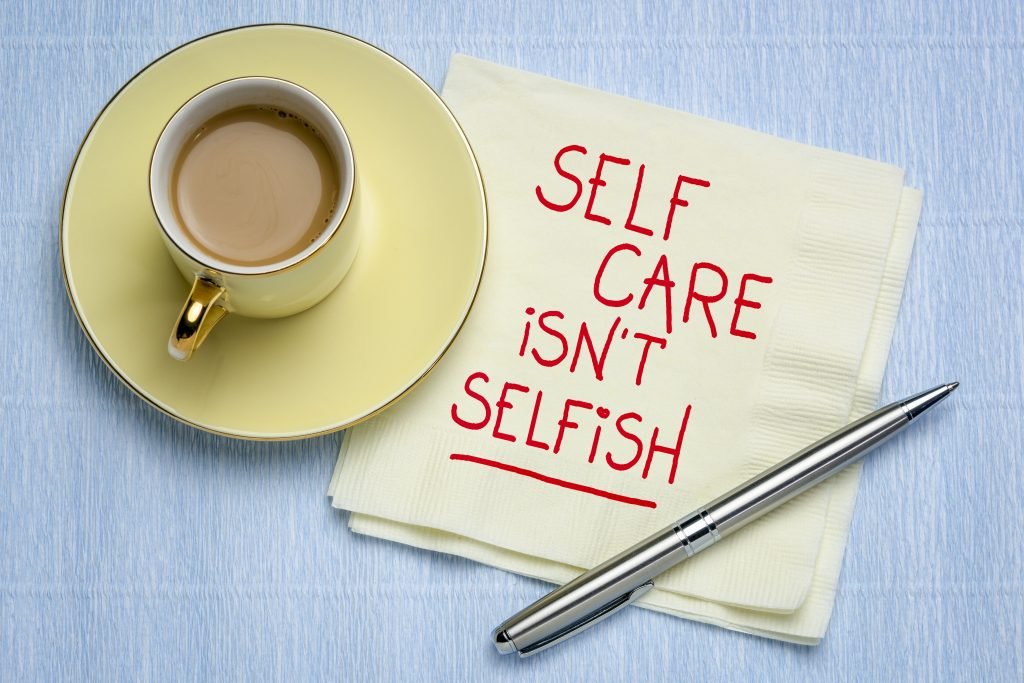Cultivating Inner Peace for Enhanced Well-being
Cultivating inner peace has become more essential in today’s fast-paced and often chaotic world. Inner peace isn’t just a fleeting moment of calm. It’s a state of being that promotes well-being, resilience, and a positive outlook on life. Working on fostering inner peace will equip you with powerful tools to navigate challenges and embrace life’s joys.
Here are 10 practical ways to cultivate inner peace for enhanced well-being.
- Mindfulness Meditation -- Mindfulness meditation brings attention to the present moment. By focusing on breath, bodily sensations, or even thoughts without judgment, learn to let go of worries about the past or the future, fostering a deep inner calm.
- Practice Gratitude -- Developing a gratitude practice shifts focus from what is lacking to what has. Appreciating the positive aspects of life creates a sense of contentment and diminishes feelings of restlessness.
- Simplify Your Life -- Decluttering your physical and mental spaces creates a sense of harmony and order. Letting go of unnecessary possessions and commitments frees up mental energy and helps you connect with what truly matters.
- Set Boundaries -- Learning to say no when necessary and setting healthy boundaries prevent feeling overwhelmed and stressed. Prioritizing your needs and well-being contributes to a sense of control and peace.
- Engage in Regular Physical Activity -- Exercise has numerous benefits for the body and mind. Regular physical activity releases endorphins, boosting mood and reducing anxiety, providing a healthy outlet for stress.
- Cultivate a Supportive Social Network -- Surrounding yourself with positive and supportive individuals creates a sense of belonging and reduces feelings of isolation. Meaningful connections provide opportunities for sharing, growth, and emotional support.
- Practice Self-Compassion – Be kind and understanding to yourself in the same way you would a friend, child, or pet. Self-compassion involves acknowledging your imperfections without self-criticism, promoting acceptance and inner peace.
- Engage in Creative Activities -- Engaging in creative pursuits such as art, music, writing, or crafting is meditative and soothing. These activities allow you to express yourself and enter a flow state, fostering relaxation and inner peace.
- Disconnecting from Technology -- While technology offers many benefits, constant connectivity contributes to stress and restlessness. Set aside dedicated time to disconnect from screens, allowing your mind to rest and recharge.
- Practice Deep Breathing and Relaxation Techniques -- Utilizing deep breathing muscle relaxation techniques, the body’s relaxation response will be activated, decreasing physiological stress experienced and helps you find serenity.
Cultivating inner peace is a journey that requires consistent effort and self-awareness. Remember that inner peace is not the absence of difficulties but rather the ability to navigate them gracefully and composure. As you embark on this journey, may you find the serenity and balance that contribute to a life of fulfillment and contentment.




